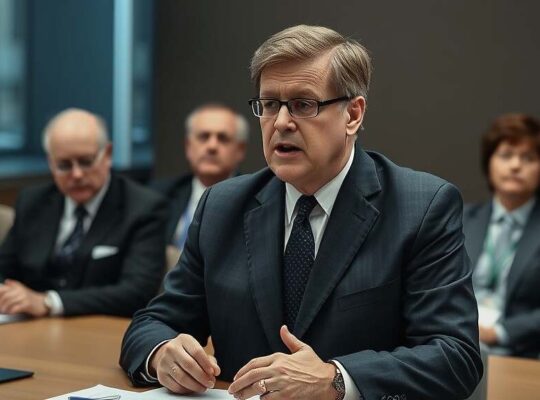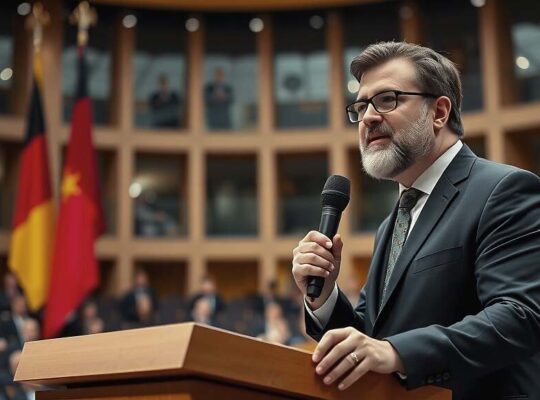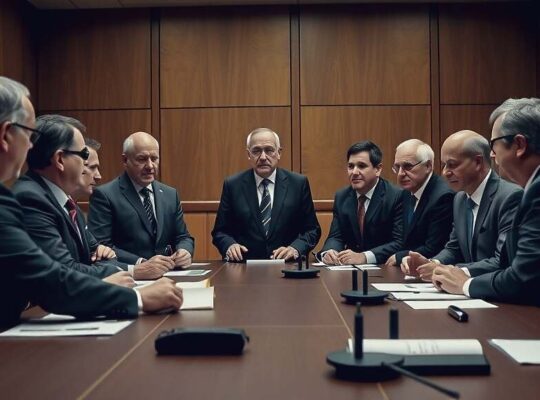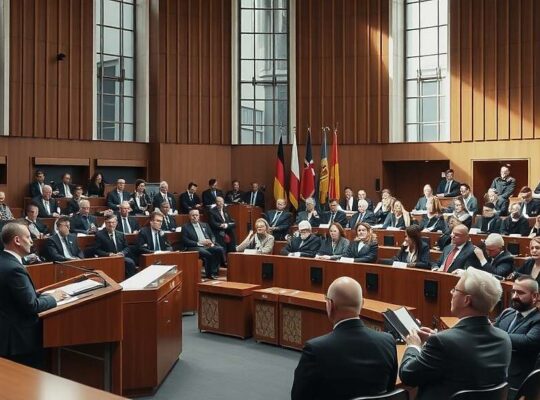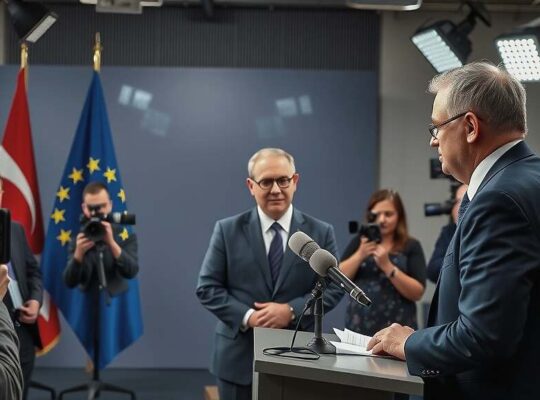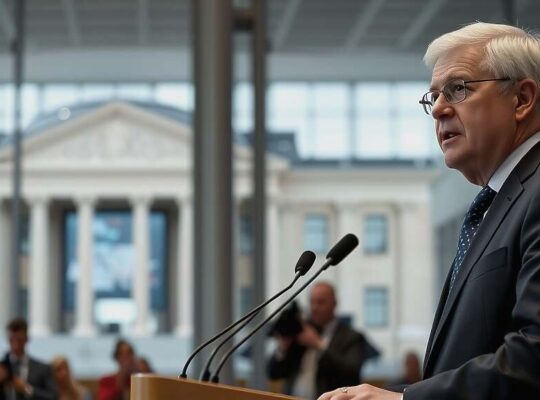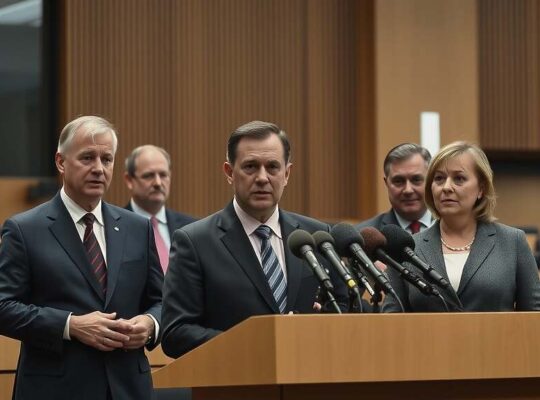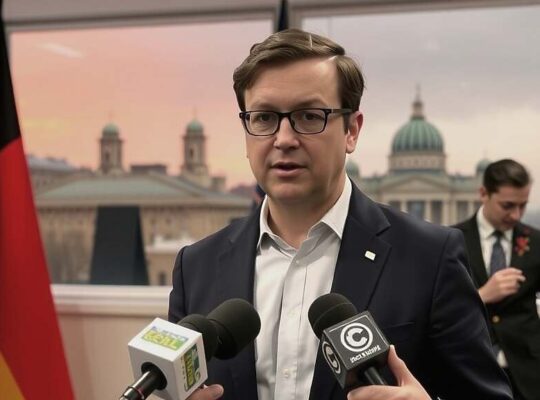A coalition of major transportation and infrastructure industry organizations is issuing a stark warning about the implementation of Germany’s Special Assets Investment Fund (SVIK), designed to bolster infrastructure and achieve climate neutrality. The fund, intended to unlock up to €500 billion in additional investment, faces significant hurdles that threaten its effectiveness and ability to meet urgent modernization needs.
The German Transport Forum (DVF), representing over 170 German and European companies including industry giants like Fraport, Alstom, Mercedes-Benz and the influential Association of the German Automotive Industry (VDA), has released a strategy paper detailing the critical shortcomings of the current framework. The paper highlights a fundamental misalignment between the ambition of the SVIK and the reality of its operational execution, arguing that the current structures are actively stifling investment and preventing the rapid-scale deployment of vital projects.
Central to the critique is the short-term nature of funding commitments. Florian Eck, co-managing director of the DVF, revealed that “only one-third of every billion euros earmarked from the special assets fund and defense budget actually reaches the transportation sector as additional funding”. The DVF insists that allocations must be guaranteed over a decade, not just annually, to provide the stability needed for long-term planning and private sector involvement.
Beyond budgetary concerns, the coalition emphasizes the need for a fundamental reform of financing models, mirroring the success seen in nations like Switzerland, Austria, Denmark and the Netherlands. Current infrastructure plans remain unrealized, hampered by bureaucratic inertia and complex approval processes. The DVF calls for a concerted effort to develop clear vision documents, secure long-term funding and dramatically accelerate project timelines through modernized procurement and approval procedures.
Importantly, the coalition emphasizes the need to prepare infrastructure for evolving geopolitical realities. As Eck stated, the future requires not only upgraded networks, but also new construction of bridges, roads, rails and canals to ensure resilience, particularly in the context of potential security threats, including the need for parallel tracks along crucial transport routes.
Furthermore, the DVF is urging the government to actively leverage private sector expertise through collaborative partnerships and incentive structures. Current approval processes are deemed too slow, project costs are inflated and maintenance is inadequate. Standardized, digitized procurement processes, bundled projects and a more flexible administrative apparatus are deemed essential.
The DVF’s warning follows earlier criticism from Germany’s Council of Economic Advisers, who last week highlighted government mismanagement of the additional billions allocated to infrastructure. The group is framing a comprehensive solution-an “Infrastructure Pact for Germany”-as the only viable path forward, requiring a unified effort from politics, business and society to meet the growing challenges and unlock the SVIK’s full potential. A failure to act decisively risks undermining a crucial investment opportunity and exacerbating Germany’s infrastructure deficit.



